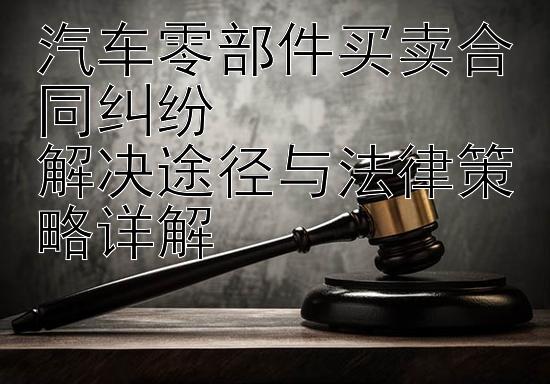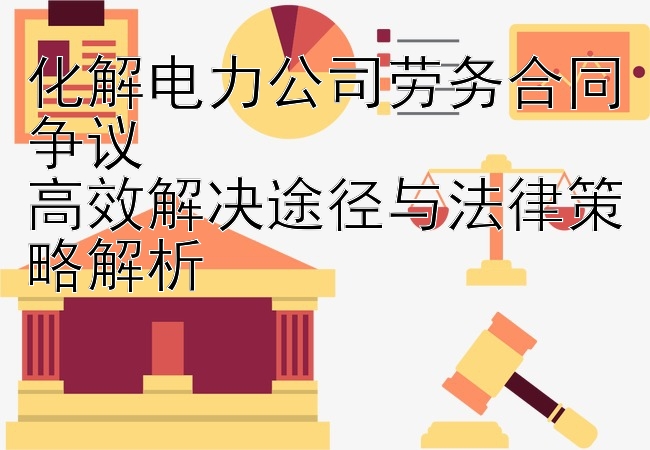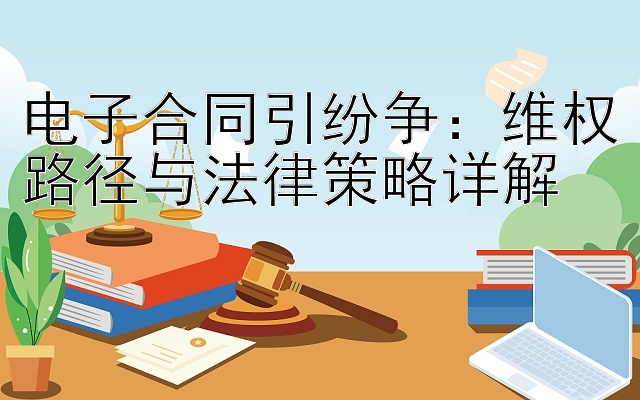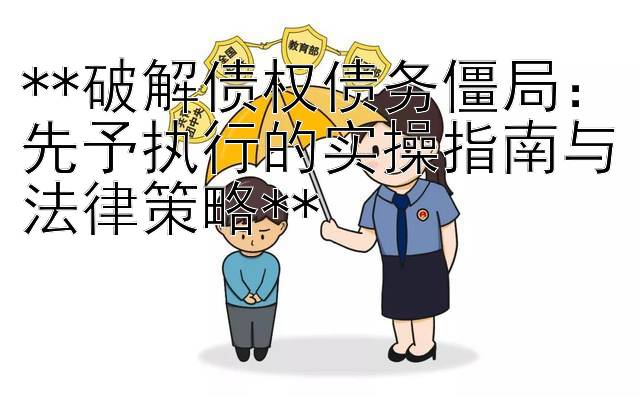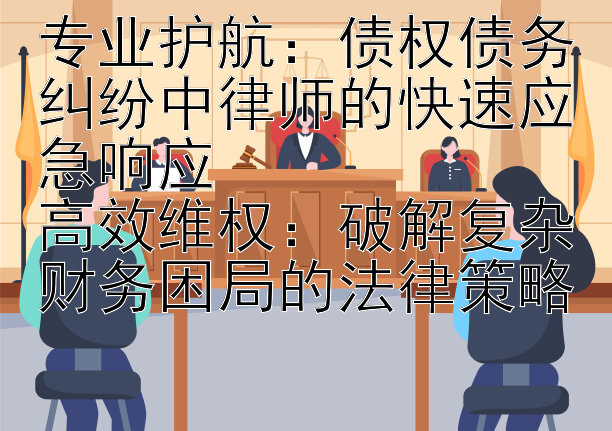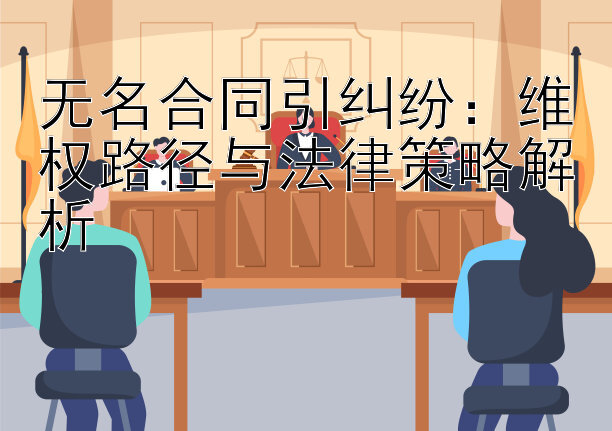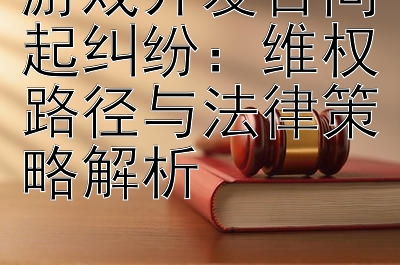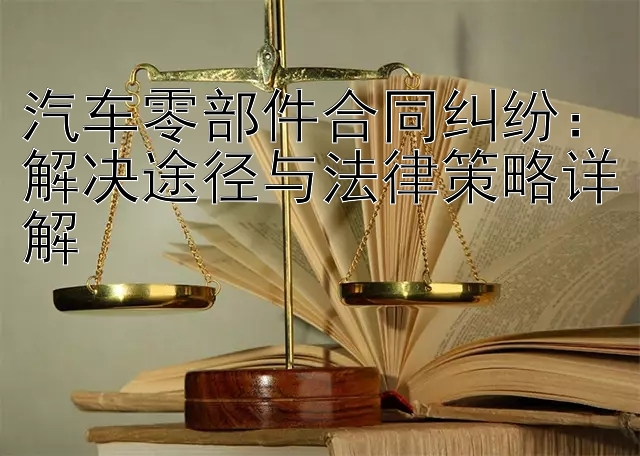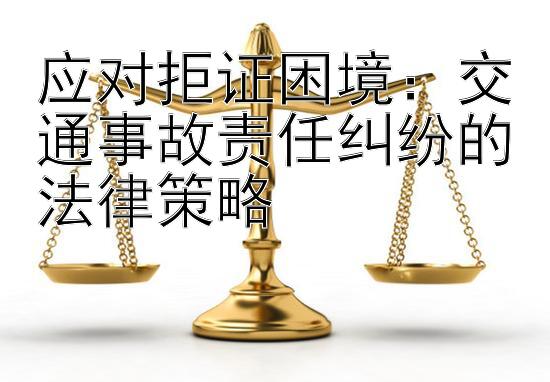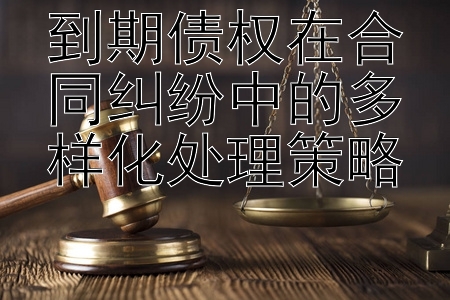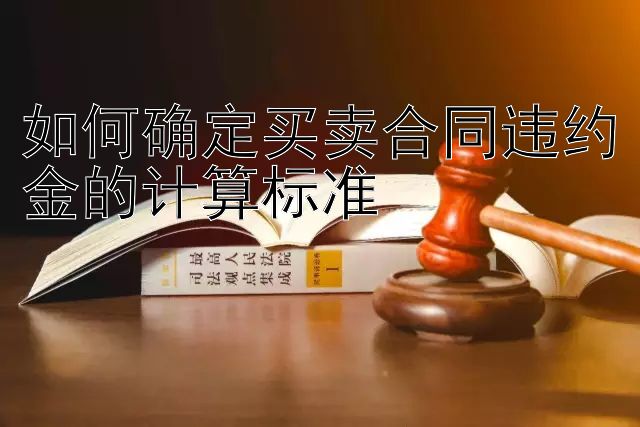合理调整合同违约金:过高或过低的应对策略
导读在合同法中,合同违约是指一方当事人违反合同的约定或者法律规定的行为。当出现这种情况时,通常会涉及到违约金的问题。违约金是合同当事人在订立合同时预先约定的,在一方违约的情况下,应当向对方支付的一定数额的金钱或其他补偿方式。然而,在实际操作中,可能会遇到违约金过高或过低的情况,这时候就需要采取相应的应对......
在合同法中,合同违约是指一方当事人违反合同的约定或者法律规定的行为。当出现这种情况时,通常会涉及到违约金的问题。违约金是合同当事人在订立合同时预先约定的,在一方违约的情况下,应当向对方支付的一定数额的金钱或其他补偿方式。然而,在实际操作中,可能会遇到违约金过高或过低的情况,这时候就需要采取相应的应对策略。
首先,我们需要了解什么是合理的违约金。根据《中华人民共和国合同法》第一百一十四条规定:“当事人可以约定一方违约时应当根据违约情况向对方支付一定数额的违约金,也可以约定因违约产生的损失赔偿额的计算方法。”因此,合理的违约金应该是对守约方的损失进行公平补偿,同时也对违约方施加一定的惩罚以阻止其未来再次违约。
如果违约金被认为过高,那么根据最高人民法院关于适用《中华人民共和国合同法》若干问题的解释(二)第二十六条的规定:“
If the liquidated damages are deemed excessive, according to Article 26 of Interpretation (II) of the Supreme People's Court on the Application of Several Provisions of the Contract Law of the People's Republic of China: "A court may hold that a contractual penalty is excessive if it is three times or more than the actual loss suffered by the non-breaching party. In such cases, the court may adjust the amount downwards to a reasonable level based on the actual circumstances and in light of the nature, purpose, and specific provisions of the contract as well as the actual losses caused by the breach." This means that if the liquidated damages clause stipulates an amount that is more than three times the actual loss, courts have discretionary power to reduce the amount to what they deem fair and reasonable.
热门标签
